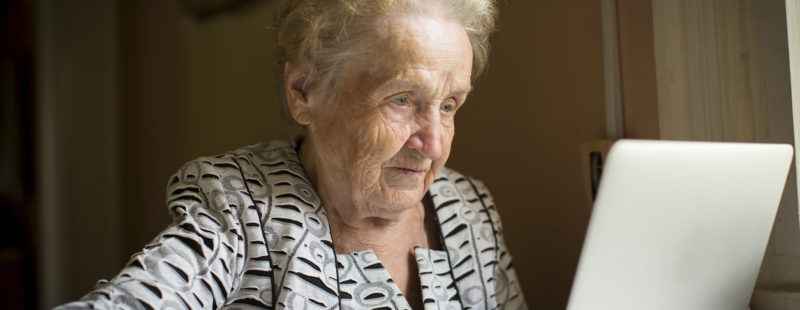Covid-19 lockdowns between March 2020 and the start of 2021 have made it harder for people to maintain their social connections. On this page we have some information and ideas for how we can all combat social isolation and look out for each other during the spread of the virus. We’ll also link to the latest guidance and advice from government, charities and experts on how to stay safe and healthy during the outbreak.
Lessons From Lockdown
For many people there have been tough, but necessary period of social isolation. Many of us miss seeing family and friends and taking part in our usual hobbies, interests and activities.
It shows how important friendship and connection are in our lives, and how difficult it can be when they’re missing. This reminds us that for too many people their lives are often quite a lot like this. During the Coronavirus outbreak it’s especially important we stay in touch with people who are alone.
Our Lessons from Lockdown: Loneliness in the time of Covid-19 report (February 2021) summarises the experiences and knowledge of hundreds of organisations with experience of working on loneliness and isolation during the Covid-19 pandemic.
It explores how organisations across the UK responded to loneliness in the context of the pandemic. It also provides important insights and information for others to share as we all adjust to a new normal.
Some insights into best practice and advice are shared in the videos below:
People most at risk
Bridging the digital divide
Supporting volunteers
Loneliness In practice
Staying in touch
Making sure that you stay in touch with friends, family and neighbours can help to ease any feelings of loneliness you and others may experience while in isolation. Technology can help with this enormously.
-
Call your friends, colleagues and relatives regularly on the phone and see how they are.
- Create WhatsApp groups with neighbours, family or friends. Share how you’re getting on and ask other people how they are.
- Use Facebook and Twitter to keep up to date and keep in touch.
- Offer to help with shopping or running errands. You could use an app like Nextdoor to see if your neighbours need assistance. If you’re worried about transmitting the virus you can leave the bags on the doorstep.
For many, the telephone will be the easiest and most accessible way to keep in contact. Some of this technology might be new or difficult to use for some older friends and family. Offer help and support to install and use apps.
When using social media be mindful that this may be a frightening and isolating time for many. Be kind. Offer help and advice where you can. Try not to spread unfounded rumours that may cause upset or panic.
Technology can’t replace the feeling of communicating in person, but there are ways of staying connected in isolation that can help.
For many of us this will be a difficult time. Isolation measures are to protect as many people from the worst effects of coronavirus and this will be temporary. If we make the effort to stay connected, we can make a big difference to people who are feeling alone at this time.
Further links
Stay up to date with the latest health guidance on the NHS website.
The NHS has a range of contacts for mental health support charities. You can also access NHS advice about tackling loneliness here.
Age UK have a really helpful list of frequently asked questions designed for older people who are worried about Coronavirus.
Find out how to make a difference in your local area using these tips from Eden Communities.
If you are a young person who feels lonely, or you are a parent or guardian concerned about a young person or child showing signs of loneliness you can find useful resources from British Red Cross, Young Minds and Childline.




No comments on this article yet. Please feel free to submit a comment below.
By submitting a comment you grant Campaign to End Loneliness a perpetual license to reproduce your words and name/web site in attribution. Inappropriate and irrelevant comments will be removed at an admin's discretion. Your email is used for verification purposes only, it will never be shared.